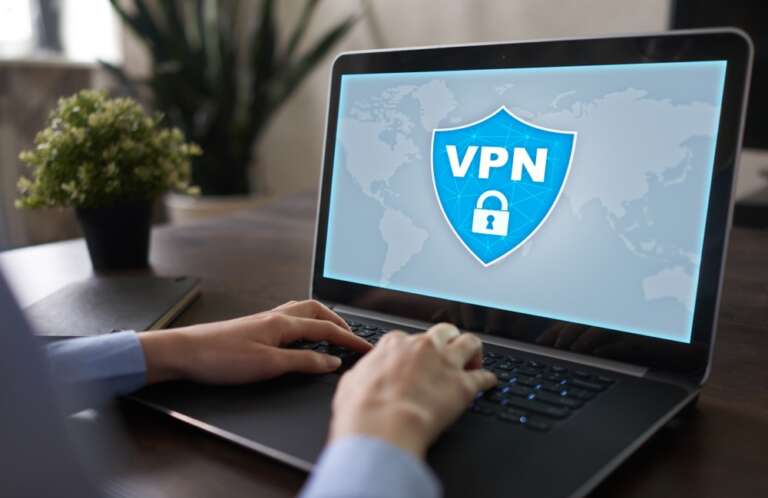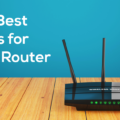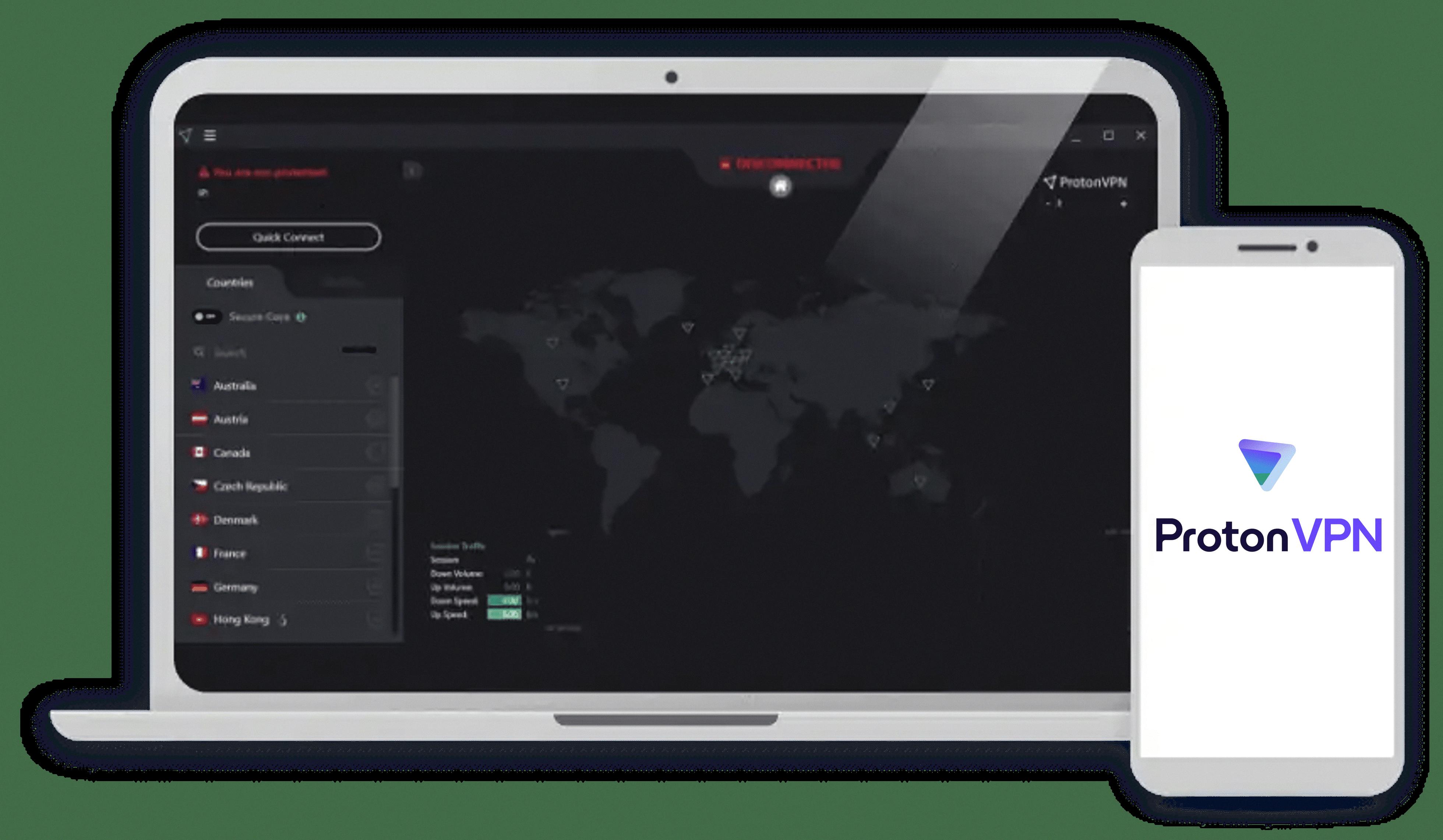Are you looking for the fastest VPN out there? If so, then this blog post is for you! We’ve tested and compared the speeds of some of the leading VPNs on the market to help you find the best one for your needs.
When it comes to speed, CyberGhost is our top pick. It offers high speeds on a Tier-1 network, making it a great choice for streaming and gaming. It also has a new proprietary protocol called Lightway that greatly improves bandwidth.
IPVanish is another good option for fast speeds. It has consistently delivered good download and upload speeds on our tests and its network is Tier-1 as well. While its latency is slightly higher than other services, it still offers reliable performance overall.
ExpressVPN is another great choice if you want fast speeds alongside robust security features. Its Lightway protocol not only boosts download and upload speeds but also reduces latency significantly, making it an excellent choice for online gaming or streaming in HD or 4K.
NordVPN is a great option if you want improved speeds without sacrificing security features. Its NordLynx protocol makes it easy to bypass congested networks while still offering military-grade encryption to keep your data safe from prying eyes. Plus, its huge speed improvements make it ideal for streaming or gaming with minimal lag time.
So if you’re looking for the fastest VPN out there, these are our top picks based on our speed tests: CyberGhost, IPVanish, ExpressVPN, and NordVPN all deliver fast performance that won’t let you down when playing online games or streaming movies in HD or 4K resolution.

Which VPN Provides the Fastest Speeds?
The best VPN for speed is CyberGhost. It provides the fastest speeds of any VPN we’ve tested, and it has a Tier-1 network that ensures high performance even when connected to distant servers. Additionally, it offers proprietary protocols like Lightway and NordLynx which can greatly improve bandwidth and reduce latency. It also has a wide range of features such as an automatic kill switch, DNS leak protection, and split tunneling, making it an ideal choice for high-speed browsing and streaming.
The Fastest Country Server for VPNs
When it comes to choosing a VPN server country for fast speeds, the first thing you should take into account is the distance between your current location and the server. The further away a server is located, the longer it will take to establish a connection. Additionally, you should look at how many servers the country has available, as well as what type of encryption and security protocols they use.
When it comes to speed, some of the fastest countries to connect through include countries in Europe such as Iceland, Estonia, and Germany; North America such as Canada and the United States; and Asia/Pacific such as Singapore and Hong Kong. Each of these countries has large numbers of servers available with strong security protocols in place.
In addition to speed, safety is also an important factor when selecting a VPN server country. Countries with strong privacy laws such as Iceland, Canada, and Germany are generally considered some of the safest locations for connecting through a VPN due to their strict data protection regulations. Countries in Asia/Pacific such as Hong Kong may have fewer restrictions on data collection but tend to be less secure overall due to more aggressive surveillance by government agencies.
Overall, if you’re looking for both speed and safety when selecting a VPN server country then your best bet would be Iceland, Estonia, Canada, Germany, or the United Kingdom – all of which offer excellent performance speeds while also providing robust online privacy protection laws.
The Impact of VPN Speed on Performance
Yes, VPN speed can matter depending on what you are using the VPN for. If you are downloading or streaming large files or videos, then having a fast connection is important. On the other hand, if you’re simply browsing websites, then a slower connection may be sufficient. Additionally, if your internet connection is already slow, then a VPN will likely cause further slowdown due to the added encryption and data processing that happens when you use a VPN. Finally, the farther away your chosen server is located from your actual location, the slower your connection may be due to increased latency (the time it takes for data to travel from one point to another).
The Impact of a VPN on Internet Speed
A VPN can potentially give you faster internet in some cases. For example, if your ISP is throttling specific types of traffic, such as streaming services like Netflix, using a VPN may be able to bypass those restrictions and give you faster speeds. Additionally, if you are connected to a server that is geographically close to where you live, this can also improve your connection speeds.
However, it’s important to note that most VPNs will slow down your connection speeds due to the encryption process. This means that while you may experience faster speeds for certain services, overall your connection speed will likely decrease when using a VPN. It’s also worth noting that many VPN providers offer various tiers of service with different speeds available depending on which one you choose.
Conclusion
In conclusion, VPN speed comparison tests can provide helpful insight into which VPNs are the fastest for your particular needs. CyberGhost, IPVanish, ExpressVPN, and NordVPN all had excellent results in our speed tests. CyberGhost was the fastest overall, with high speeds on both downloads and uploads, as well as low latency. IPVanish also had great results with its Tier-1 network providing high speeds on downloads and uploads. ExpressVPN offered impressive speeds thanks to its new Lightway protocol while NordVPN showed significant improvements due to its NordLynx protocol. Ultimately, it is important to choose the right VPN based on your specific needs and priorities.








